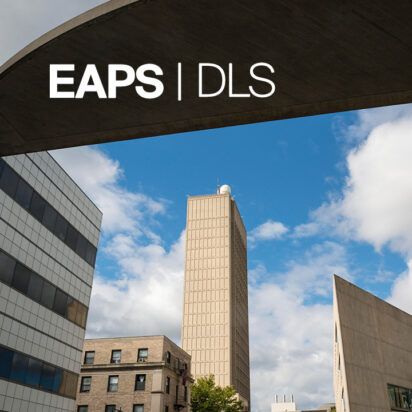
[DLS] Sean Andrews (Harvard)
Date: Wednesday, November 19, 2025 Time: 12:00 - 1:00pm Location: 55-110 | MIT Campus, Cambridge, MA“Observing Planet Formation: Structures and Mass Budgets in Protoplanetary Disks”
In just the past thirty years, astronomers have discovered more than 6000 planets orbiting other stars in our galaxy. Statistical extrapolations from this population suggest that, on average, every star hosts a planetary system. These exoplanet systems are remarkably diverse, often exhibiting properties (masses, orbital architectures, compositions, etc.) considerably unlike our solar system. Much of that diversity is imprinted during the formation epoch, where planet properties are strongly influenced by interactions with their birth environments – the disks of gas and dust that orbit young stars. Until recently, much of our understanding of planet formation was limited to forensic study of a specific (and possibly outlier) example – the solar system – and was largely theoretical. But in the past few years, very high angular resolution observations of disks in nearby star-forming regions have unveiled some key signatures of the planet formation epoch that at least qualitatively can help solve some long-standing theoretical dilemmas. With those insights in mind, this talk will revisit new quantitative constraints on the physical conditions — and particularly the mass budgets — in these disks, largely based on state-of-the-art measurements with interferometers operating at submillimeter wavelengths. Those results will be used to highlight some corresponding implications for the assembly and early evolution of planetary systems.
EAPS Department Lecture Series —
Weekly talks aimed to bring together the entire EAPS community, given by leading thinkers in the areas of geology, geophysics, geobiology, geochemistry, atmospheric science, oceanography, climatology, and planetary science. Runs concurrently with class 12.S501.
Contact: eapsinfo@mit.edu
